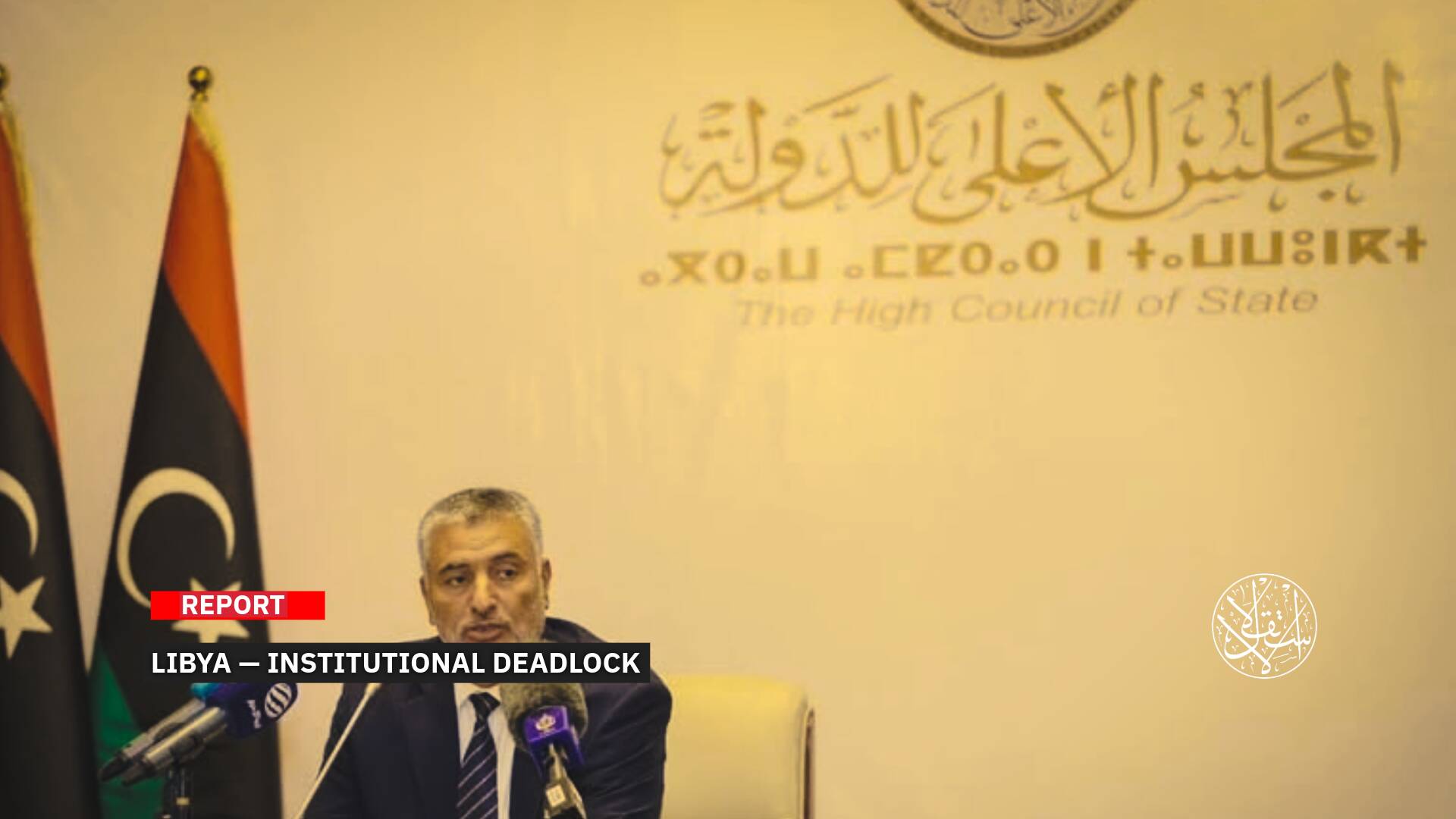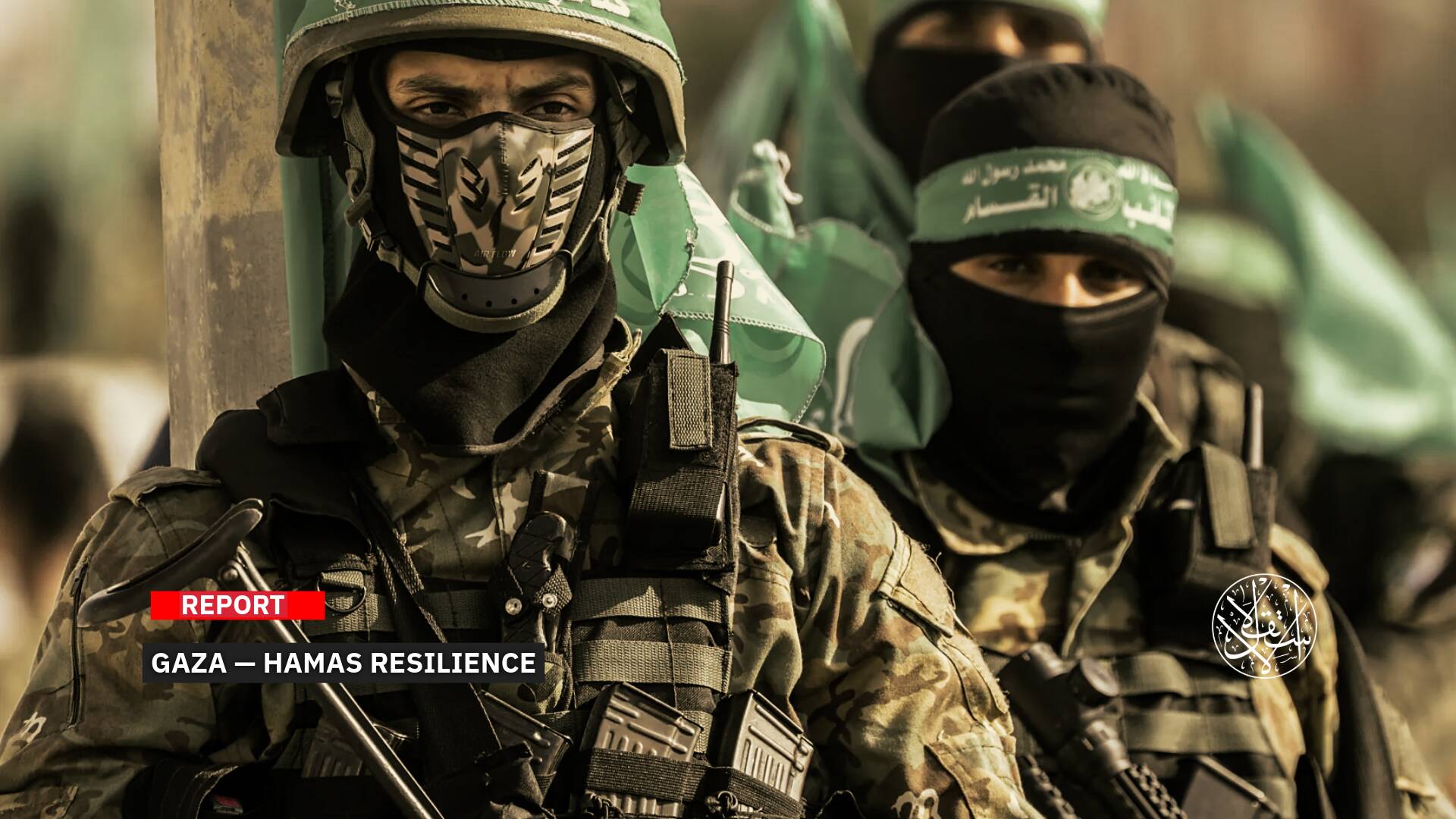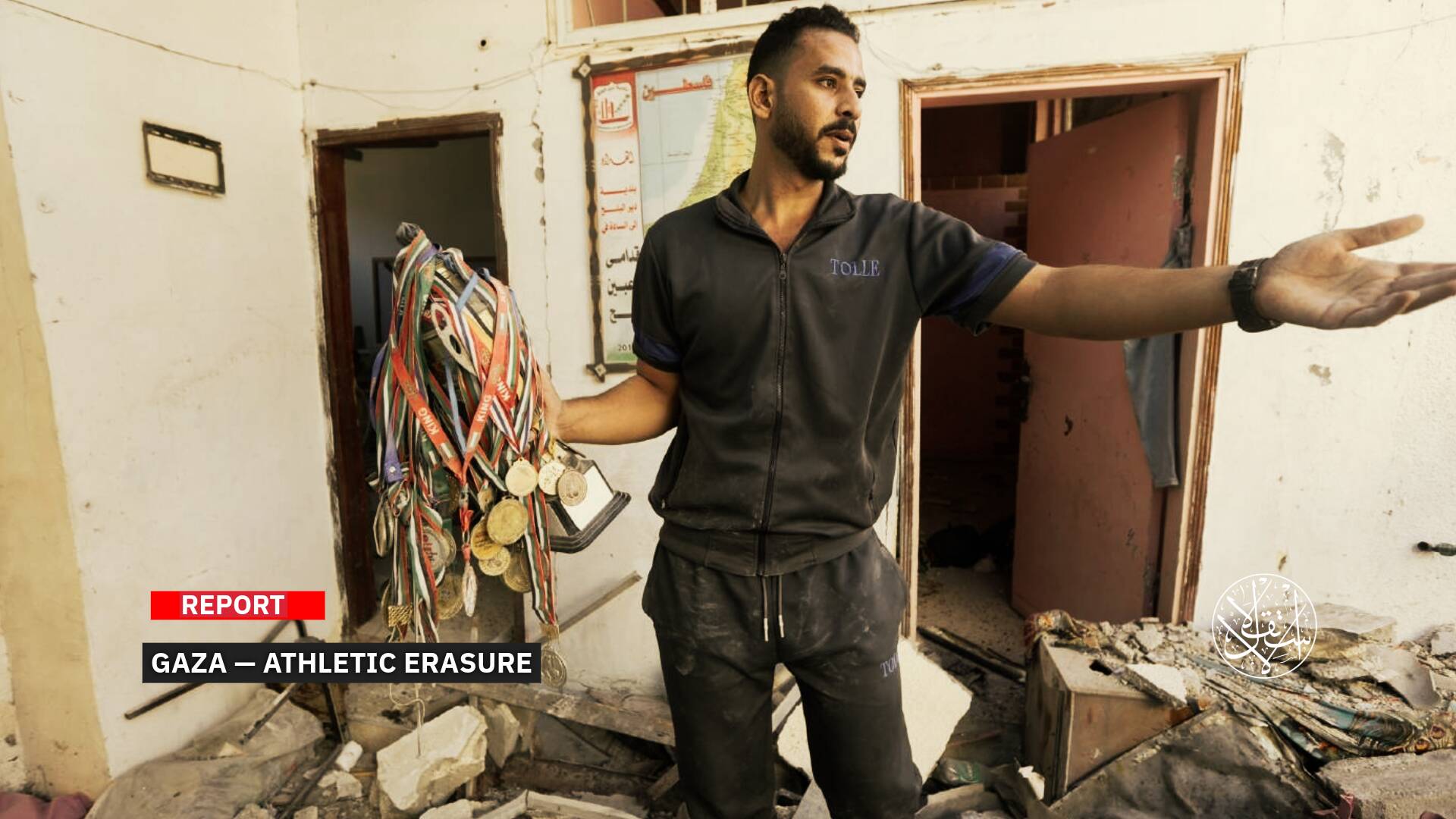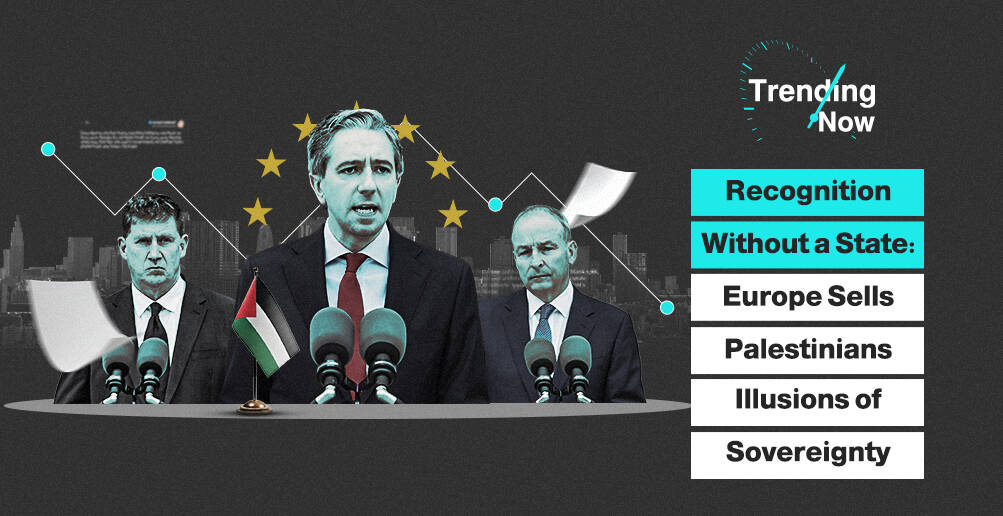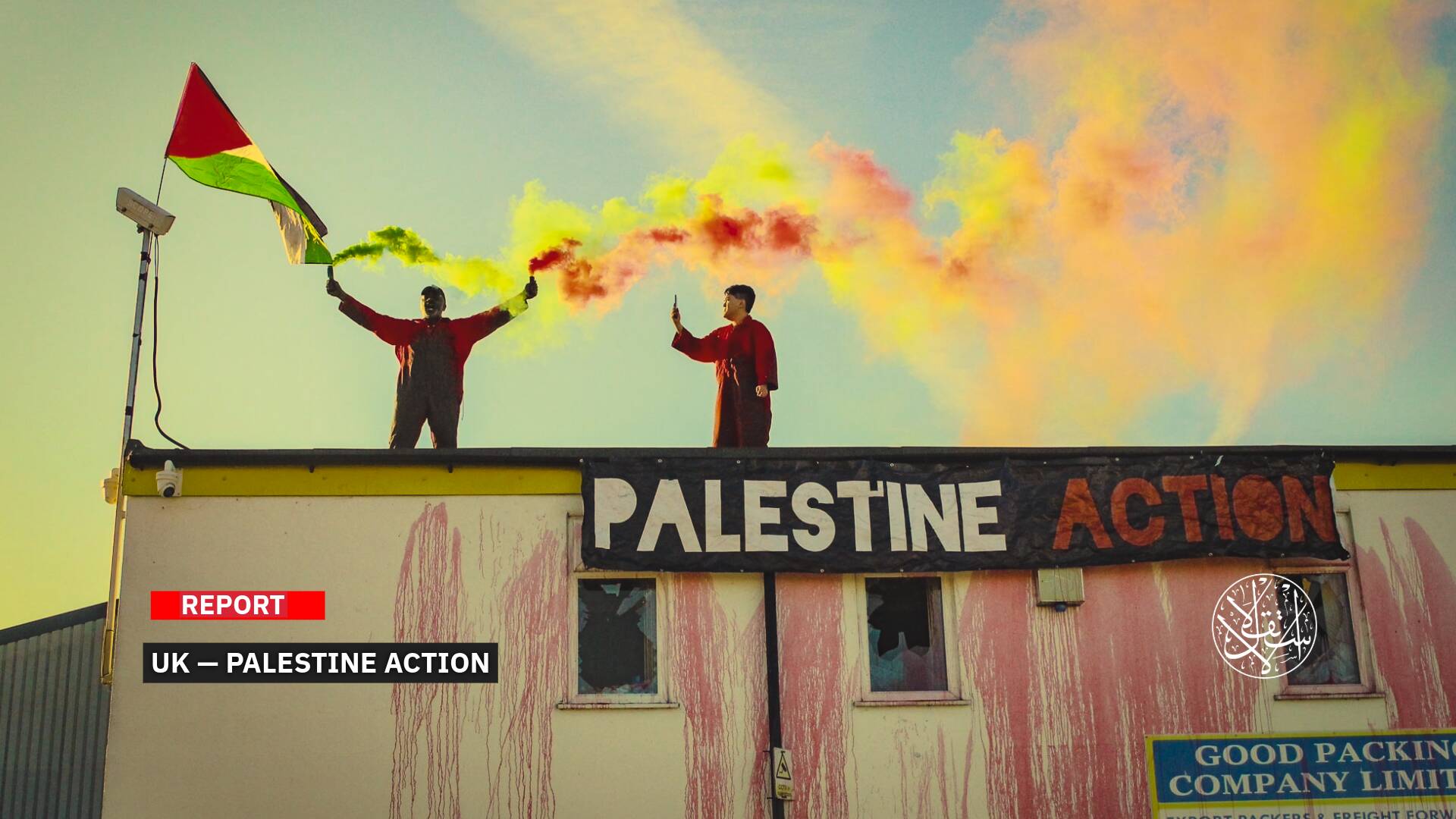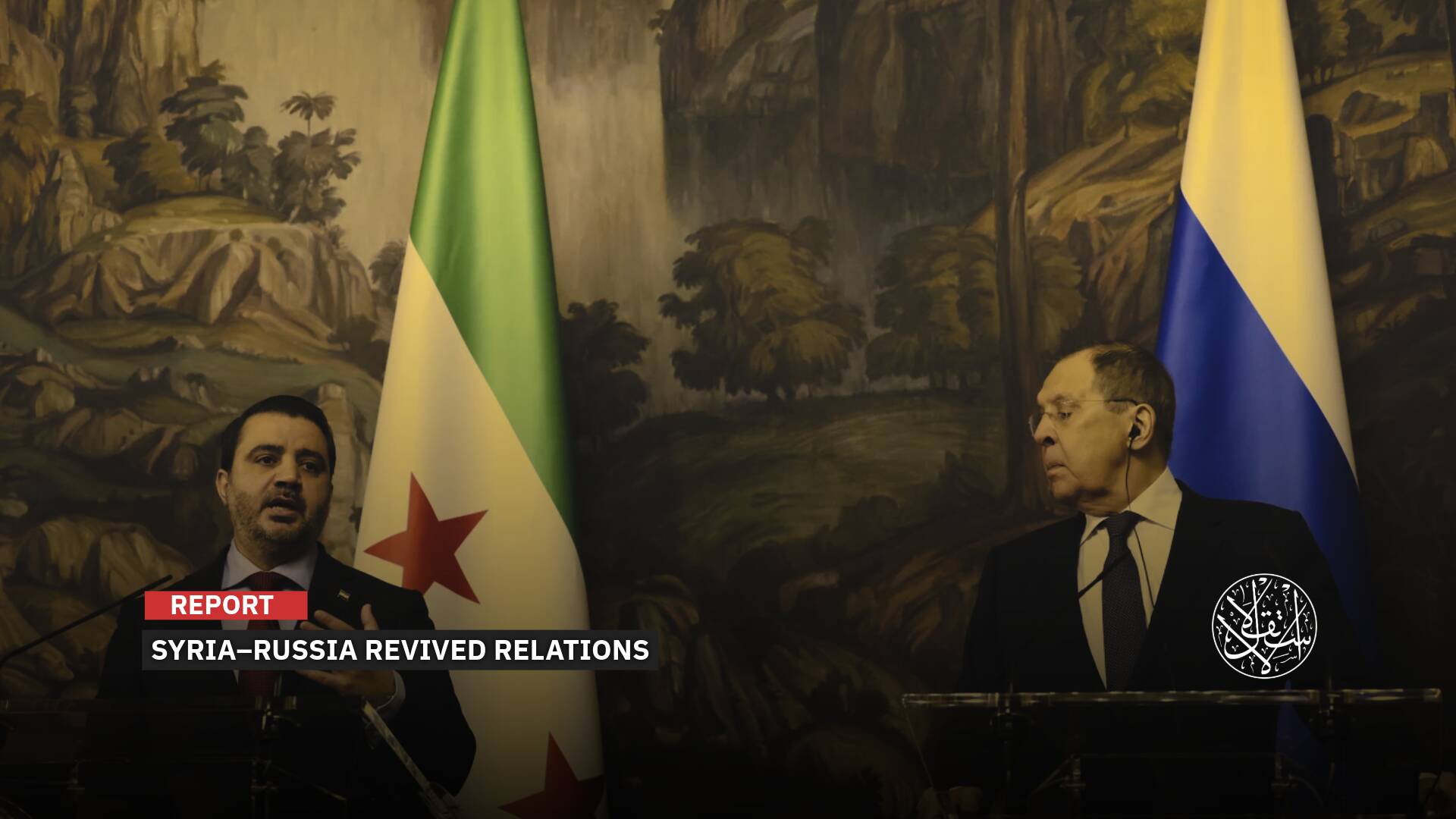Russian Military Activity in Libya: Is It Linked to Losing the Syrian Gamble?

Russia withdraws advanced military equipment from Syria to Libya.
It seems Moscow has adopted military strategies reminiscent of the iconic Russian Matryoshka doll—when the larger figure is bypassed in Russia, the focus shifts to a smaller, yet significant, presence, this time in Libya.
This move reflects Russia's ongoing efforts to maintain influence, assert its presence, and pressure its international rivals, particularly in Europe and competitors like Turkiye, who have challenged its dominance in Syria.
On December 15, 2024, just days after the fall of Bashar al-Assad’s regime, Russian military convoys of tanks and armored vehicles were spotted heading in reverse along the international highway from Latakia to Damascus, retreating from southern positions back to the coast.
That same day, four Syrian officials revealed that Russia had begun withdrawing its forces from frontline positions in northern Syria and strategic points in the coastal mountains. However, its presence remained intact at its two primary bases: Hmeimim and Tartus.
While pulling back in Syria, Russia simultaneously fortified its positions in Libya, focusing on the geopolitically crucial North African and Eastern Mediterranean regions.

Expanding Influence
Russia is withdrawing advanced air-defense systems and other sophisticated arms from bases in Syria and shifting them to Libya, U.S. and Libyan officials told The Wall Street Journal, as Moscow scrambles to preserve a military presence in the Middle East after the collapse of the Assad regime in Damascus.
The report noted that flight data revealed several Russian cargo flights to al-Khadim Airbase, located south of al-Marj in eastern Libya, approximately 170 kilometers east of Benghazi, the stronghold of rebel commander Khalifa Haftar.
Russian cargo planes have flown air-defense equipment, including radars for S-400 and S-300 interceptor systems, from Syria to bases in eastern Libya controlled by Moscow-backed Libyan warlord Khalifa Haftar, the officials said.
The same sources indicated that Moscow is considering upgrading its facilities in Tobruk, eastern Libya, to accommodate Russian warships.
Italian Inside Over, published a report on December 16 detailing what it called Russia's “air bridge” to Libya in recent days.
The report suggested that the southern Mediterranean coast “could become the next stage for geopolitical conflict” between Moscow and NATO.
Italian writer Giuseppe Gagliano highlighted data from the Italian site Itamil Radar, emphasizing Russia's ambitions in the Mediterranean and a shift in its geopolitical strategy.
According to Inside Over, Russia's actions represent a strategic pivot as it withdraws forces from Syria’s Hmeimim Airbase and refocuses its efforts on Libya. The choice of eastern Libya, particularly the region of Barca, as the destination for the air bridge is no coincidence. Under the control of Haftar, this region represents a critical strategic foothold for Russia.
The report also questioned NATO and Europe's ability to counter Russia’s growing influence, noting divisions within the alliance. Meanwhile, Moscow, it argued, continues moving its pieces on the Mediterranean chessboard, seizing opportunities in the chaos of international crises to assert its power.

A Direct Threat
Russia's growing presence in Libya poses a direct threat to maritime and aerial security in the central Mediterranean. This presence also bolsters Russia’s capacity for military projection across North Africa and the Sahel region, as per the Italian website.
The report noted that Russian military assets and personnel, once affiliated with the Kremlin-backed Wagner Group, are now integrated into the so-called Russian Africa Corps (also the Russian Expeditionary Corps), all of whom are currently stationed in Libya.
Italy has expressed growing alarm over these developments. On December 17, Italian Defense Minister Guido Crosetto revealed that Russia had relocated its military assets from Syria to Libya. He further noted that the presence of Russian ships and submarines in the Mediterranean poses a “serious concern.”
In an interview with La Repubblica, Crosetto highlighted that Moscow is relocating resources from its Tartus base in Syria to Libya. He warned that Russian naval forces in the Mediterranean are now “two steps away” from Italy rather than being a thousand kilometers away.
Russian military supply operations in Libya, however, predate the fall of Assad. On May 19, 2024, Formiche published an investigative project titled “All Eyes on Wagner,” revealing ongoing transfers of soldiers and mercenaries to Libya. It is estimated that at least 1,800 Russian troops are stationed primarily in the east and south of the country.
The report tracked the movements and activities of Russian mercenaries in various African nations, including Libya, suggesting that Russia is using Libya as a hub for transferring mercenaries to Sudan, Niger, and Mali.
An unnamed U.S. official cited in the investigation noted that Wagner mercenaries have not only exacerbated tensions in Libya but have also used it as a platform to destabilize the Sahel region and the African continent.
The article emphasized that Russia’s current presence in Libya has significant global implications. Libya, a key North African state, holds immense geopolitical importance due to its central location in the Mediterranean and its proximity to the Sahel. The region connects to areas where Russian private military companies are active, including Mali, Burkina Faso, Niger, Chad, the Central African Republic, and Sudan.

Tripoli’s Response
Russia’s recent bolstering of its presence in eastern Libya, following the withdrawal of some forces from Syria, has triggered a reaction from the internationally recognized Government of National Unity (GNU) in western Libya, led by Prime Minister Abdul Hamid Dbeibah.
Tensions have escalated between the GNU's Foreign Ministry and its Russian counterpart, spurred by Libya’s recent detention of several Russian nationals.
In early December 2024, Libya's intelligence service, under the leadership of General Hussein al-A’ib, arrested a Russian tourist accused of compromising national security. Shortly afterward, two more Russians were detained in Ash Shwayrif, southwest Libya—controlled jointly by forces aligned with Haftar and the Tripoli government—on charges of links to “foreign armed groups.”
These individuals reportedly entered Libya via Benghazi’s Benina International Airport, obtaining visas through the Military Investment Authority without the involvement of Tripoli's authorities.
In response to the arrests, Russia chose not to engage directly with Libyan officials. Instead, on December 12, the Russian Embassy in Libya issued a travel advisory urging its citizens to avoid traveling there, citing the “selective application of the law.” The advisory humorously remarked that “Libya’s beauty can wait.”
The GNU’s Foreign Ministry swiftly expressed its displeasure, demanding an urgent explanation for Russia’s advisory and emphasizing the need for “mutual respect and transparency” in relations.
The arrests were reportedly coordinated between the Attorney General's Office and the Libyan Deterrence Apparatus for Combating Organized Crime and Terrorism.
Adding to the tension, GNU Foreign Minister Taher al-Baour appeared to downplay the significance of Russia’s concerns by meeting with Ukraine’s Special Envoy to the Middle East and Africa, Maksym Subkh, to discuss enhancing bilateral relations.
Russia had been working to improve ties with the GNU throughout 2024. Its ambassador, Aydar Aganin, expanded the diplomatic team in Tripoli’s Radisson Blu hotel, joined by military attaché Colonel Golovanov Alexey Valerievich. However, the recent arrests have undermined these efforts, occurring at a time when Russia faces declining influence in Syria following the fall of Bashar al-Assad.
While Assad’s regime had enabled Russia to maintain a strategic Mediterranean foothold through its Tartus naval base, his downfall has left Russia looking to solidify its presence elsewhere. Libya, where Moscow enjoys advanced military cooperation with Haftar, now represents a key focus as its future in Syria remains uncertain.
Sources
- Russia Withdraws Air-Defense Systems, Other Advanced Weaponry From Syria to Libya
- Syria Does Not Stop Russia: The Airlift and Major Maneuvers in Libya [Italian]
- Russia in Libya aims at Africa (and the West) [Italian]
- Italy: Russia has moved its military presence in Syria to Libya [Arabic]
- Expert to Alhurra: Russian weapons flowing to Libya and neighboring African countries [Arabic]
- Among them are Syrians and air defense platforms: Details of the arrival of Russian soldiers and weapons to Libya after the fall of Assad [Arabic]


